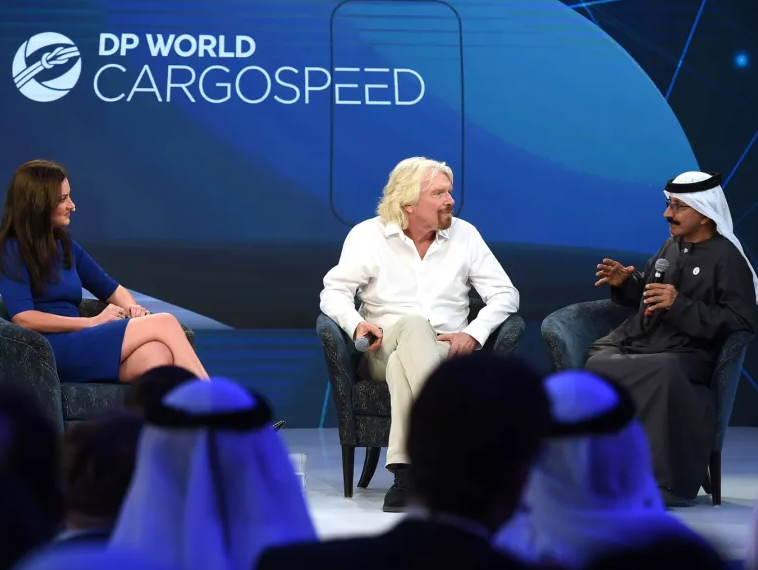
Elon Musk’s groundbreaking concept of the Hyperloop, introduced 12 years ago, envisioned high-speed passenger transportation exceeding 1,000 kilometers per hour. However, the realization of this visionary idea faces challenges, despite persistent efforts by various companies.
The innovative transportation system involves compressed capsules propelled through low-pressure tubes using magnetic forces, boasting speeds of up to 1,200 kilometers per hour. While Musk’s vision sparked excitement around the potential of this mode of transportation, turning it into a practical reality has proven more complex than initially thought.
Recent reports suggest that Hyperloop One, a key player in the development, has temporarily halted its operations, a notable departure from its usual active engagement. The company’s management has remained silent in response to inquiries from AFP.
Hyperloop One, supported by Richard Branson’s Virgin Group, conducted tests in the Nevada desert, achieving speeds of 387 kilometers per hour. However, the pace of progress has been slow, with passenger transport reaching only 172 kilometers per hour in November 2020.
In Canada, Transpod has been working on a Hyperloop route covering 300 kilometers between Calgary and Edmonton, with an estimated project value of $18 billion. Despite fundraising efforts, the company has faced criticism for delays in constructing a center in Droux, central France.
While various companies involved in Hyperloop projects have garnered funding, inked preliminary agreements, and conducted feasibility studies, the overall momentum seems to have slowed down. Experts remain cautious about the future viability of these ambitious transportation initiatives.
Hyperloop TT, another California-based company, had plans to establish a test track near Toulouse in southwest France. However, the company withdrew from the project without much public acknowledgment. The company’s website still showcases conceptual images of the Hyperloop.
The Hyperloop’s commercial debut was initially set to coincide with the “Expo 2020” in Dubai. Meanwhile, Transpod’s delay in constructing a center in France raised concerns within the industry.
Transpod, optimistic about its technology, has secured $550 million from the British fund “Proton Capital Group” for the development of a 7-kilometer section. Despite these financial efforts, various companies appear to be grappling with a slowdown in project execution, prompting skepticism among industry observers.
This current state of affairs has been labeled by transportation specialist Julian Jolie as a “harsh awakening.” He notes a shift from the initial excitement surrounding Hyperloop to a more realistic assessment of its challenges.
Sebastian Gendron, CEO of Transpod, acknowledges the initial funding challenges faced by the Hyperloop, emphasizing the ongoing difficulty of securing investment for innovative projects with uncertain outcomes.
Despite these setbacks, interest in Hyperloop technology persists, especially in the Middle East. In 2023, seven companies joined forces to “develop the emerging Hyperloop industry towards commercial marketing,” reflecting a collective effort to address challenges and establish unified standards.
Rick Geddes, an infrastructure policy expert at Cornell University, remains cautiously optimistic about Hyperloop’s future, foreseeing a gradual development with small incremental steps rather than rapid advancements.
Leave a Reply